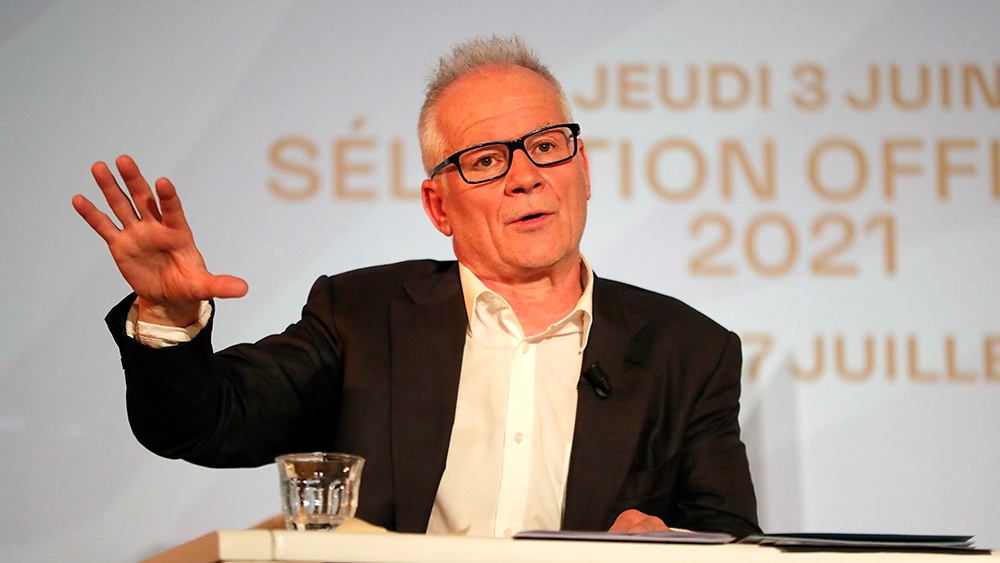Thierry Frémaux, the director of the prestigious Cannes Film Festival, has broken his silence regarding the recent controversy surrounding accusations that the festival is a “festival for rapists.” French actress Adèle Haenel made this claim in a heartfelt open letter, where she detailed her departure from the movie industry for “political reasons.”
During a press conference held prior to the festival’s opening night, Frémaux addressed Haenel’s statements, labeling them as “false” and “radical.” He suggested that Haenel’s viewpoint might have been influenced by a sense of discordance, as she had not expressed such sentiments during her previous visits to Cannes.
Frémaux underlined the festival’s role in providing a platform for discussions on important issues but vehemently denied the notion that Cannes is a platform for rapists. He pointed out the inconsistency of individuals who hold such beliefs while actively participating in the festival and expressing frustration about ticket availability.
In addition to addressing the allegations of being a “festival for rapists,” Frémaux responded to criticism regarding the choice to open the festival with the film “Maïwenn,” directed by Jeanne Du Barry and starring Johnny Depp. Frémaux defended the decision, emphasizing his commitment to freedom of thought, speech, and artistic expression within the boundaries of the law.
Frémaux’s remarks underscore the significance of providing a platform for dialogue and artistic exploration at Cannes. As the festival unfolds, these controversies are likely to shape discussions and perceptions surrounding the event. The Cannes Film Festival, renowned for celebrating the art of filmmaking, remains committed to maintaining its integrity while fostering an environment that encourages creativity and open discourse.
As the world’s attention turns to screenings, red-carpet events, and panel discussions, Cannes will continue to serve as a global stage for filmmakers, actors, and industry professionals to showcase their work and engage in meaningful conversations about cinema’s impact on society. The festival’s commitment to artistic freedom and its role as a catalyst for change will undoubtedly remain at the forefront of this year’s edition.




